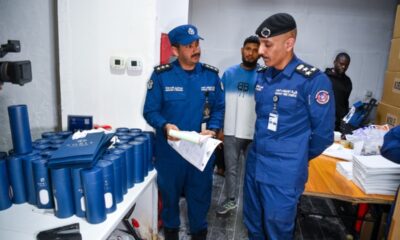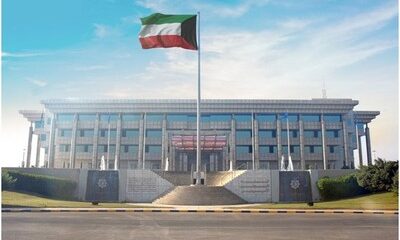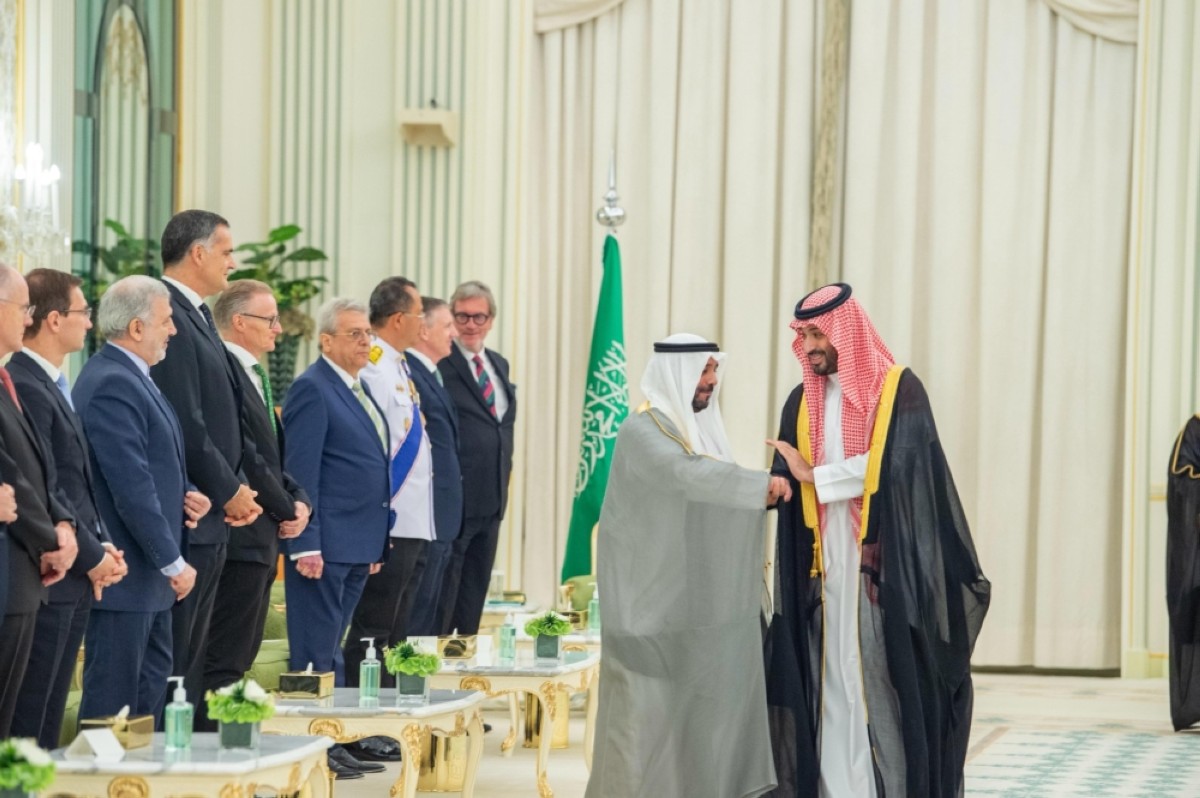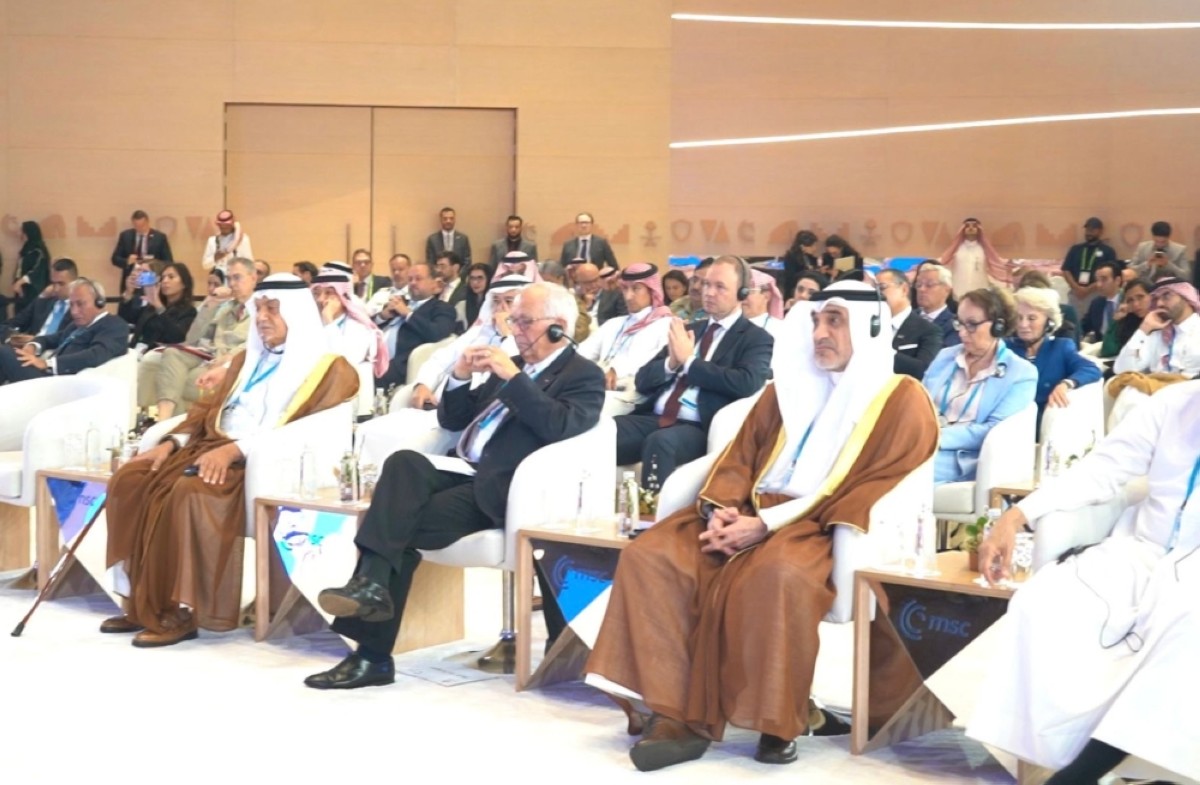By B Izzak & KUNA
KUWAIT: The interior ministry said on Wednesday that traffic offenses captured by cameras dropped a massive 71 percent on the first day of applying the new traffic law, which stipulates harsh penalties. The ministry said in a statement that the number of traffic offenses monitored by the cameras, which include failure to use a seatbelt, using mobile phones, failure to comply with road lanes and driving against the traffic, dropped 71 percent on April 22 compared to the same day a week ago.
The most notable reductions were seen in two of the most common traffic violations: Failure to wear a seatbelt and the use of mobile phones while driving. The ministry praised the drop, saying it indicates that motorists have complied with the traffic rules and cooperated with the traffic department. The new traffic law came into effect on Tuesday. It stipulates much harsher penalties than those in the previous legislation, which was issued in 1976 and contained relatively smaller fines and penalties.
The ministry attributed this success to the extensive awareness campaigns launched prior to the law’s implementation. These campaigns aimed to educate drivers on the importance of adhering to traffic rules, emphasizing that compliance is key to ensuring the safety of all road users.
Public reaction on social media platforms, particularly on X, has been largely supportive of the ministry’s efforts. Many citizens praised the initiative, while others called for additional measures, such as increased surveillance in residential areas and the deployment of undercover traffic patrols to catch violators who evade automated systems.
Under the new law, the smallest fine is KD 15 for parking in prohibited places and the largest could go into thousands of dinars.
Almost all fines have been raised, in some cases tenfold. Last week, the traffic department said offenses during the first quarter of 2025 dropped by more than 50 percent compared to the same period last year, even ahead of applying the new law.
Meanwhile, the ministry of electricity, water and renewable energy has reported a significant and unusual surge in electricity consumption over the past two weeks across several areas, including residential, commercial, industrial and agricultural zones. In a press statement issued Wednesday, Ministry spokesperson Fatima Jawhar Hayat announced that a wide-scale inspection campaign was launched on Sunday in Wafra residential area. The campaign is part of the ministry’s ongoing efforts to ensure the efficiency and sustainability of the national power grid.
The inspections have so far uncovered approximately 100 residential units with abnormally high electricity consumption, sharply deviating from typical residential usage. Hayat stated that preliminary analysis points to the likelihood of unauthorized activities, particularly cryptocurrency mining, being carried out at these locations. Technical assessments revealed consistent, high power usage around the clock, with no seasonal or daily fluctuations — an operational pattern indicative of continuous use of high-powered equipment.
“To put this into perspective, consumption in some homes exceeded 100,000 kilowatt-hours during March 2025 — around 20 times the average usage recorded in neighboring households,” she said. Hayat affirmed that the ministry will continue monitoring consumption patterns in other areas and praised the cooperation of the Communications and Information Technology Regulatory Authority in tracking suspicious IP addresses potentially linked to digital mining operations. She also commended the ministry of interior for its support in the ongoing investigations.
The ministry urged citizens and residents to use electricity responsibly and to cooperate with inspection teams. It reiterated its commitment to taking legal action against any individuals or entities found engaging in unauthorized activities that threaten the country’s power infrastructure.
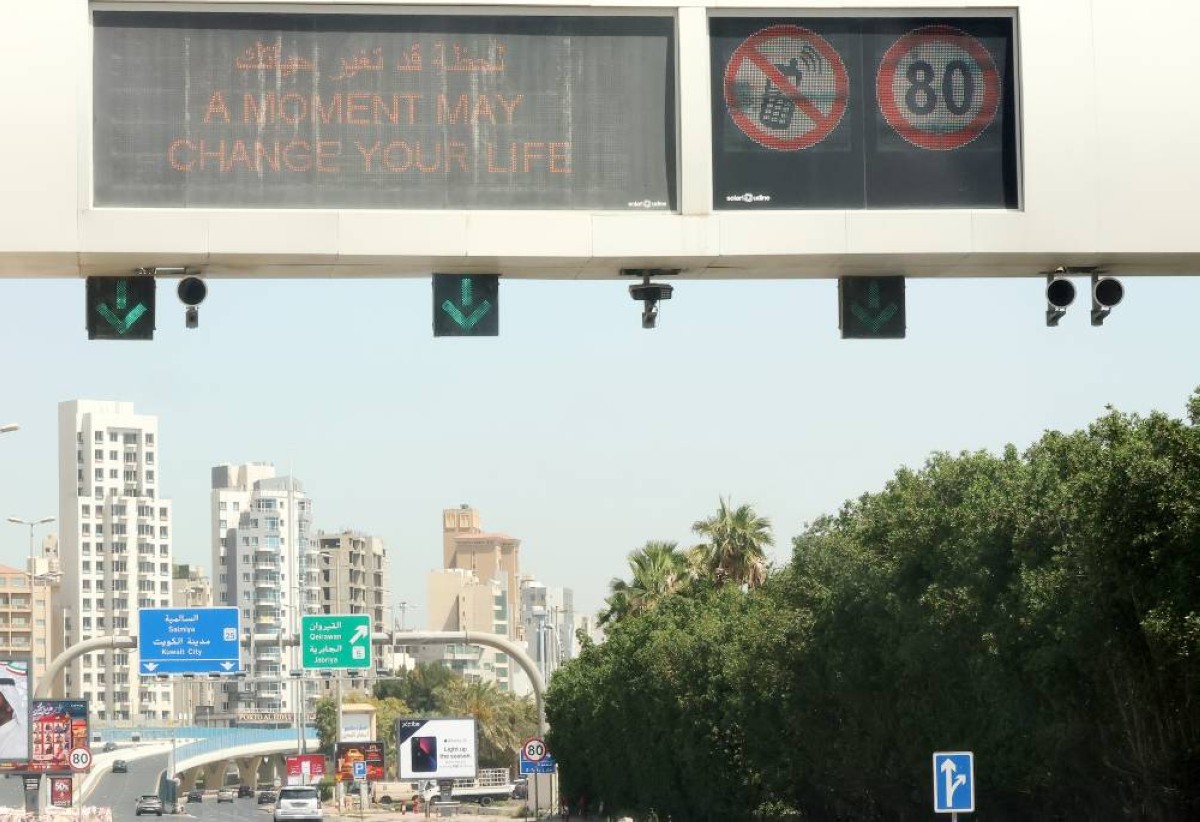

 Business19 hours ago
Business19 hours ago
 Politics12 hours ago
Politics12 hours ago
 Latest News17 hours ago
Latest News17 hours ago
 Latest News19 hours ago
Latest News19 hours ago
 Latest News10 hours ago
Latest News10 hours ago
 Politics9 hours ago
Politics9 hours ago
 Latest News9 hours ago
Latest News9 hours ago
 Politics10 hours ago
Politics10 hours ago
